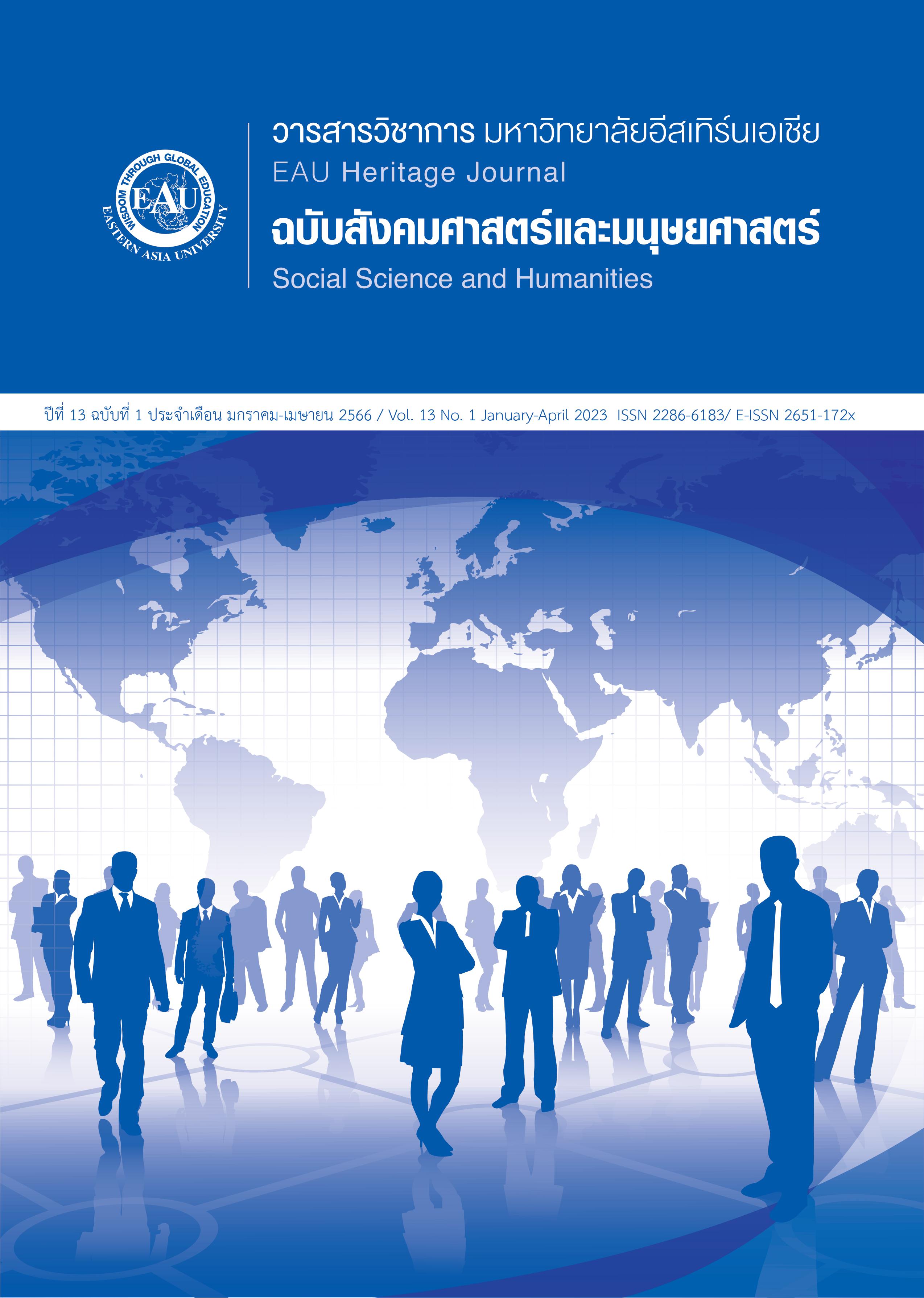English-speaking Class’s Challenge in Aviation Students after COVID-19
Keywords:
English speaking class, Speaking challenges, Aviation studentsAbstract
Speaking skill is regarded as an indicator of language proficiency. It is believed that a learner who can speak an English language fluently is as a proficient learner of English language. This article revealed the most challenges of English-speaking class in aviation students after they have been learning through online class since 2019. As a result, there are many difficulties occurring on online learning. It is also reported that after coming back to onsite classrooms, the English proficiency of students has been desperately dropped. There are various challenges, for example; the deterioration of speaking and classroom participation, motivation to participate, the mocking of other students, lack of confidence, however, the greatest challenge is the lack of classroom interaction. Besides, a prolonged period of time in online learning also affects their concentration and proficiency in learning.
References
Barrot, J. S., Llenares, I, L., & Rosario, L. S. (2021). Students’ online learning
challenges during the pandemic and how they cope with them: The case of Philippines. Educational and information technologies, (n.p.) https://doi.org/10.1007/s10639-021-10589-x.
Brown, H. D. (1994). Teaching by principles: An interactive approach to language pedagogy.
Englewood Cliffs, NJ: Prentice Hall Regents.
Burns, A. & Joyce, H. (1997). Focus on speaking. Sydney: National Center.
Chaney, A. (1998). Teaching oral communication in Grades K-8. USA: A Viacom Company.
Charnbhumidol, P., Kraiwanich, S., & Kraiwanit, T. (2020). Learning method
for the new normal in Thailand. Retrieved from https://www.researchgate.net/publication/344867780_Learning_Method_for_the_New _Normal_in_Thailand.
Chaya, P. & Inpin, B. (2020). Effects of integrating movie-based mobile
learning instruction for Enhancing Thai University Students’ speaking skills and intercultural communicative competence. English language teaching, 13(7), pp. 27-45.
Encyclopedia. (2021). The definition of speaking. Retrieved from
Fatoni, A. N., Nurkhayati, E., Nurdiawati, E., Fidziah, P. G.,
Adha, S., Irawan, P. A., Julyanto, O., & Azizi, E. (2020). University students online learning system during Covid-19 Pandemic: Advantages constraints and solutions. Sys rev pharm, 11(7), pp. 570-576.
Hayaramae, S., & Worasurt, R. (2020). A study on speaking strategies and how to improve
speaking confidence among abiation students. International journal of arts
humanities and social sciences studies, 5(4), pp. 1-9.
Hayat, A. A., Keshavarzi, M. H., Zare, S., Bazrafcan, L., Rezaee, R.,
Faghihi, S. A., Amini, M., & Kojuri, J. (2021). Challenges and opportunities from the COVID-19 pandemic in medical education a qualitative study. BMC medical education, 21(247), pp. 1-13.
Imsa-ard, P. (2020). Thai University students’ perceptions towards the abrupt transition to
‘forced’ online learning in the COVID-19 situation. Journal of education Khon Kaen University, 43(3), pp.30-44.
Leong, L. M., & Ahmadi, S. M. (2017). An analysis of factors influencing
learners’ English-speaking skill. International journal of research in English education, 2(1), pp. 34-41.
Littlewood, W. (2007). Communicative language teaching. Cambridge: Cambridge University
Press.
Nasiri, A., & Pourhossein G. A. (2016). A review of EFL learners
speaking skill and the strategies for improvement. Modern journal of language teaching methods (MJLTM), 6(9), 53-59.
Pham, T., & Nguyen, H. (2020). COVID-19: Challenges and opportunities for
Vietnamese higher education. Higher education in southeast asia and beyond, 8, 22-24.
Ratnasari, A. G. (2020). EFL students’ challenges in learning speaking skills: A case study in
mechanical engineering department. Journal of foreign language teaching & learning, 5(1), pp.20-38.
Somsathan, P., & Sanjaiprom, S. (2021). Learning online preparedness during
the COVID-19 Pandemic in Thailand. Journal of MCU peace studies, 9(3), pp. 884-894.
Schneider, S. L., & Council, M. L. (2021). Distance learning in the era of
COVID-19. Archives of dermatological research, 313, pp. 389-390.
Scudellari, M. (2020). The pandemic’s future. Nature, 584, pp. 22-25.
Tuan, N. H., & Mai, T. N. (2015). Factors affecting students’ speaking performance at LE
thanh hien High School. Asian journal of education research, 3(2), pp. 8-23.
Ur, P. (1996). A course in language teaching: Practice and theory.
Cambridge: Cambridge University Press.
Yuh, A. H., & Kaewurai, W. (2020). An investigation of Thai students’ English-speaking
problems and needs and the implementation collaborative and communicative approaches to enhance students’ English-speaking skills. The golden teak: Humanity and social science journal, 27(2), pp.91-107.
Yusuf, Q., & Zuraini. (2016). Challenges in teaching speaking to EFL learners. Proceeding of
the 1st English education international conference (EEIC), 1(2), pp. 542-546.





